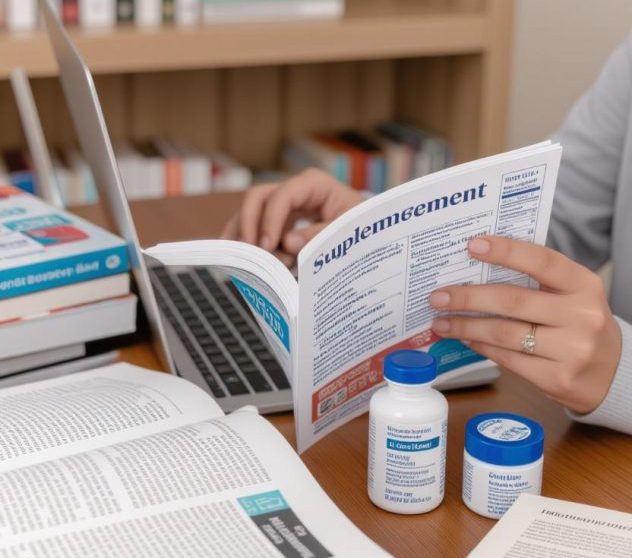Understanding Appetite-Stimulating Pills: A Science-Backed Guide for Students

According to statistics conducted by the University of Manhattan, more than 30% of college students report changing their eating habits due to stress, studies, and irregular schedules. This shift often leads some to look for quick fixes to manage weight or appetite. Among these fixes are appetite-stimulating pills, which claim to help users gain weight or eat more. Products like Super Apeti Plus are becoming well known on campuses, but understanding how they work and what risks they carry is essential for making smart health choices.
One product often discussed alongside Super Apeti Plus is GML Apeti. Students curious about such options may find gml apeti pills reviews helpful in understanding the effects and user experiences of appetite stimulants. Still, reading reviews is only one part of responsible decision-making. Knowing the science behind these pills is the key to protecting health.
How Antihistamines Trigger Hunger
Many appetite-stimulating pills contain cyproheptadine, an antihistamine originally used for allergies. Its main action is to block histamine receptors, but it also affects serotonin in the brain. This change can increase hunger signals, making a person feel the urge to eat more often or consume larger portions. In short, these pills tweak brain chemistry to shift appetite cues. While this may help some people with medical conditions that cause weight loss, it also carries the potential for unwanted side effects if used without guidance.
Why Calorie Surplus Drives Weight Gain
Even with appetite stimulants, actual weight gain happens only when calorie intake exceeds what the body uses for energy. Pills can make someone feel hungrier, but food choices still determine results. A steady surplus of calories from nutritious meals leads to healthier weight gain compared to high-calorie junk foods. Students should see these pills as appetite triggers rather than magic weight gainers. Without a balanced diet, the gains may be mostly fat instead of healthy body mass.
Potential Side Effects of Appetite-Stimulating Pills
No pill is completely free of risks, and appetite stimulants are no exception. Common side effects include drowsiness, dry mouth, dizziness, and in some cases blurred vision. Over time, misuse may lead to metabolic changes or unhealthy eating habits. Anyone considering such products should consult a healthcare professional, especially if taking other medications or dealing with chronic conditions. This step prevents harmful interactions and helps tailor a safer approach to weight management.
Tips for Evaluating Supplement Claims
Critical thinking can save students from misleading marketing or unsafe products. Here are some practical tips for evaluating appetite-stimulating pills and supplements in general:
- Read the labels carefully. Check active ingredients, dosage instructions, and warnings. If an ingredient is unknown, research it from credible medical sources.
- Look for regulatory approvals. In many countries, supplements are loosely regulated. Products approved or tested by health authorities tend to be safer.
- Check for red flags. Be cautious of pills promising instant results, dramatic transformations, or lacking ingredient lists. Over-the-top claims often hide low-quality or harmful substances.
- Seek reviews from balanced sources. Beyond marketing, look for reviews from medical professionals, academic studies, or trusted platforms. This provides a clearer picture than just advertisements.
Applying these steps gives students the power to make informed choices. Whether reading gml apeti pills reviews or looking up new supplements, a critical mindset helps filter hype from reality. This skill also transfers to other areas of study and life, strengthening overall health literacy.
Healthy Habits Around Appetite Management
Beyond supplements, small changes in routine can naturally improve appetite and energy. Regular meals, balanced macronutrients, and enough sleep all support healthy weight goals. Stress management and exercise also play a role, since high stress and lack of activity can disrupt hunger signals. By building these habits first, students may find they don’t need pills at all, or they can use them more responsibly under medical guidance.
READ ALSO: Smart Learning: How Curated Education Hubs Can Save Students Hours
Conclusion
Appetite-stimulating pills like Super Apeti Plus are not magic solutions but tools with specific effects. They work by altering brain chemistry to increase hunger, but weight gain still depends on calorie intake and food quality. Side effects and misuse risks make it crucial for students to evaluate these products with care. Reading labels, checking approvals, and consulting reliable sources like gml apeti pills reviews can provide valuable insights before making decisions. By combining scientific understanding with critical thinking, students can protect their health and make choices that align with their goals.